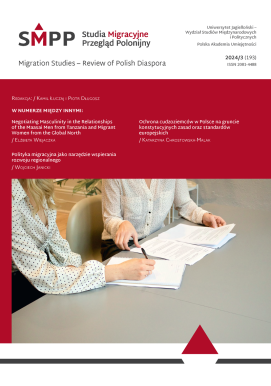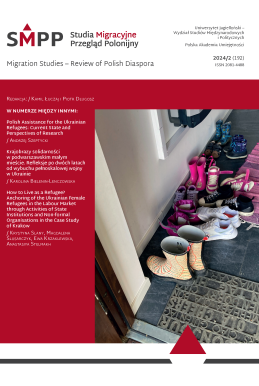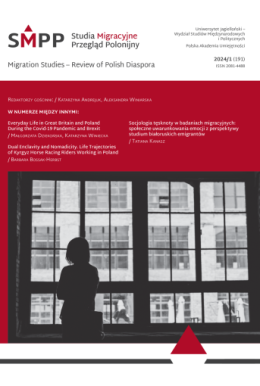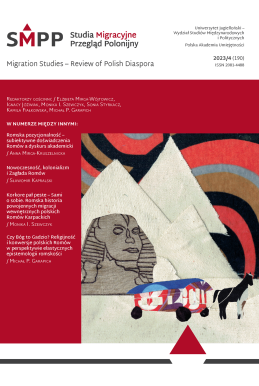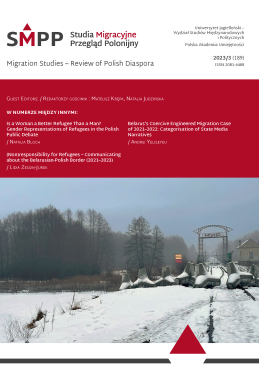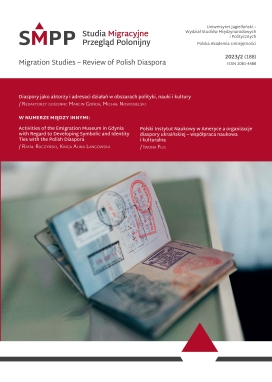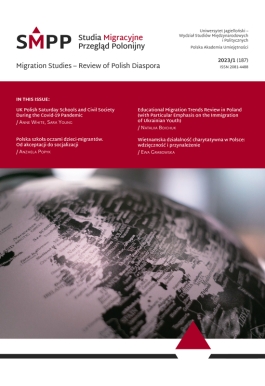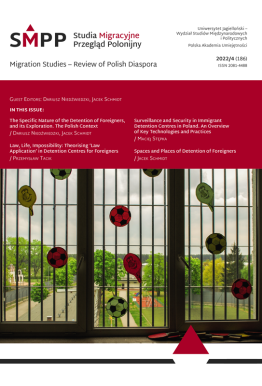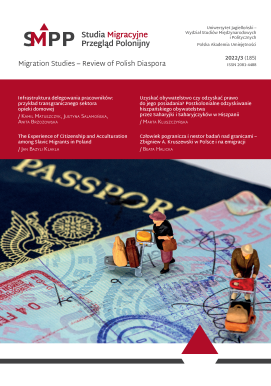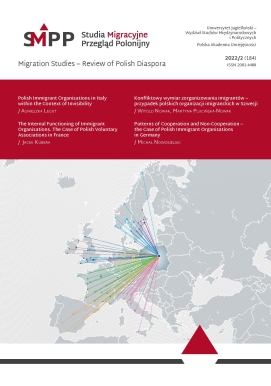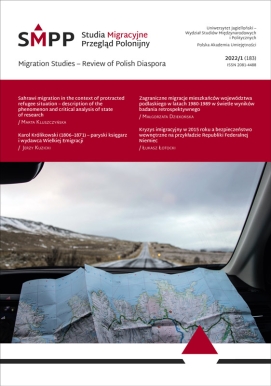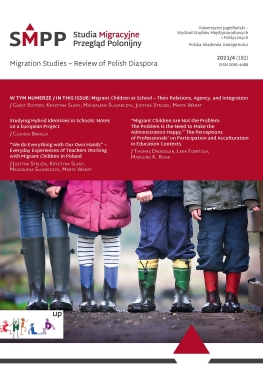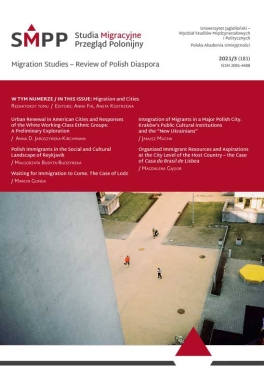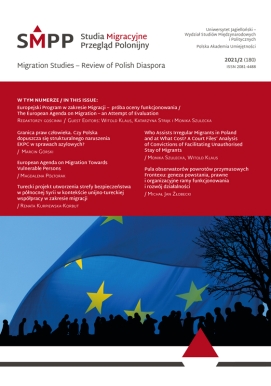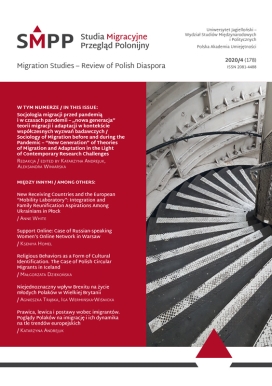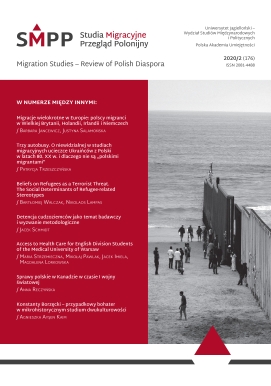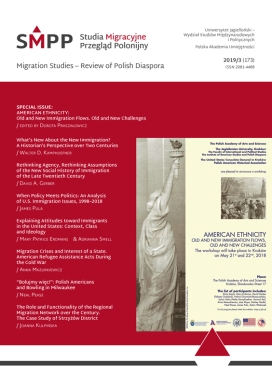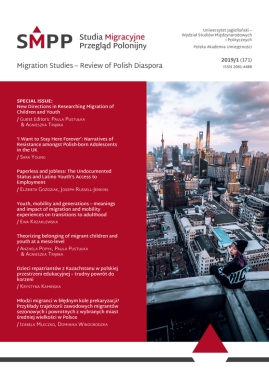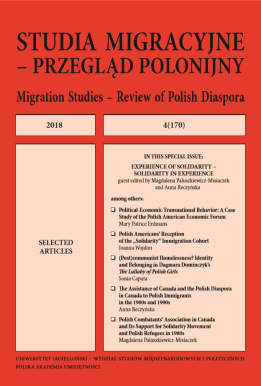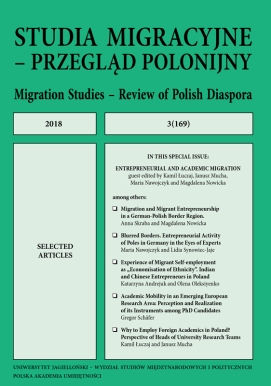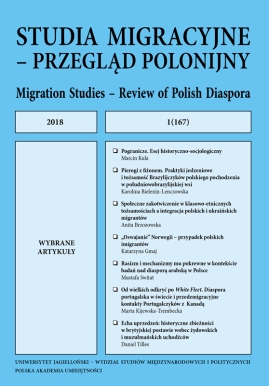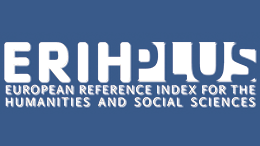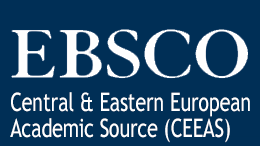Artykuł proponuje spojrzenie na działalność artystyczną Małgorzaty Mirgi-Tas jako romskiej feministki, aktywistki, zaangażowanej politycznie autorki (w takim rozumieniu polityki, jakie jej nadał Jacques Rancière) i zarazem wyczytanie z jej twórczości potencjału dla edukacji humanistycznej, a zwłaszcza polonistycznej. Jak wskazuje autorka tekstu, kategorie używane przez Rancière’a do opisu sfery publicznej, szczególnie czynienie świata widzialnym, rekonfiguracja dzielenia postrzegalnego, są wprost dydaktyczne.
W artykule dokonano przeglądu podręczników do języka polskiego, wskazując na nieobecność romskich autorów, romskiej problematyki. Zdiagnozowaną pustkę mogłaby wypełnić twórcza biografia Mirgi-Tas, albowiem dla działającej w ramach profesjonalnego artworldu artystki tożsamość nie jest obciążeniem, ale pierwiastkiem formotwórczym i źródłem inspiracji. Potencjał wystawy „Przeczarowując świat” pozwoliłby przełamać dyskurs dydaktyczny przejawiający się z jednej strony w empatycznej cyganologii, z drugiej – zawężający tematykę romską do pedagogizacji problemów społecznych ujmowanych w perspektywie habitusu Pierre’a Bourdieu.
Zdaniem autorki tekstu wystawa Mirgi-Tas na Biennale w Wenecji jest laboratorium potencjalnej historii, która na lekcji stać się może przestrzenią eksperymentowania z fikcją i życiem, pod warunkiem przyjęcia pedagogicznej strategii zwanej „polityką głosu”.


